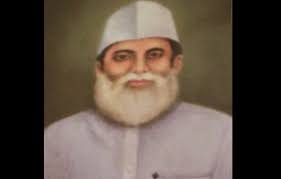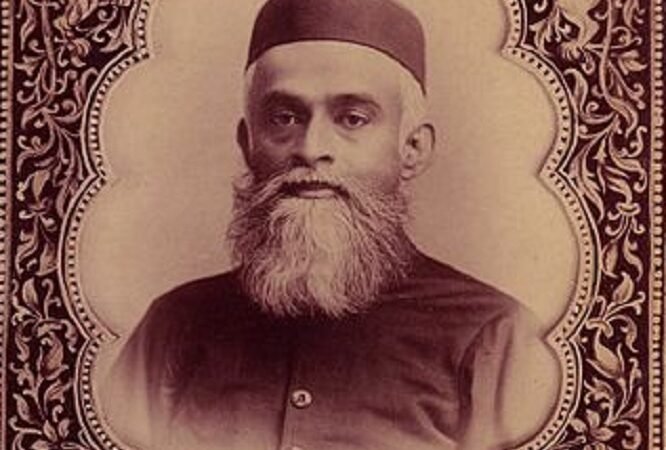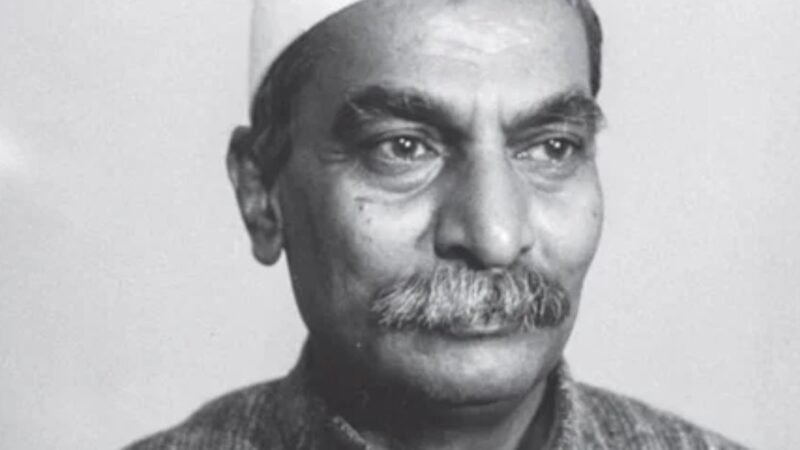Maulana Mazharul Haque (1866 – 1930) was a prominent Indian Muslim leader, scholar, and educationalist during the pre-independence era

Name – Maulana Mazharul Haque
Date of Birth – 22nd Decemeber, 1866
Birth Place – Brahmpur, Patna, Bihar
Mulana Mazharul haque was born on 22 dec.1866 in village Brahmpur, Thana Maner of Patna district. He got lot of land donated to him by his relatives and settled in villageFaridpur of district Siwan in 1900.
He constructed a home in the village and named it ‘Ashiana’. Pandit Motilal Neharu in 1927, Smt. Sarojani Devi in 1928, Pt. Madan Mohan Malviya, K.F. Nariman, Maulana Abdul Kalam Azad visited his house ‘Ashiana’ in Faridpur. He was the only son among the three children’s of Sheikh Amedullah. The names of his sister were Gafrunisha and Kaneej Fatma. His father was a rich landlord.
He got his primary education from a Maulvi at home. He passed his matriculation from Patna Collegiate in 1886. Then he went to Lucknow for higher studies and took admission in Cannigh College. But he could not adjust himself and left to England for studying law in 1886. He returned to India in 1891 after passing law and started practice at Patna. On the advice of his friend Willam Barket he joined the judicial service as Munsif. But he soon resigned following differences with the District & Session Judge and started practice at Chapra. Again he went to Patna in 1906 to practice law.
In 1906 he was elected as Vice Chairman of Bihar Congress Committee. He also stared a journal ‘Motherland’. He took actively participated in Champaran Movement and was sentence to 3 month imprisonment. He was the founder of “Sadaquat Ashram” at Patna and “Bihar Vidyapeeth”.
He played a crucial role in advocating for the rights and welfare of Muslims in British India. Haque was a key figure in the Khilafat Movement and worked closely with Mahatma Gandhi during the Non-Cooperation Movement. He was an influential leader in Bihar and served as the President of the All India Khilafat Committee.
In addition to his political activism, Maulana Mazharul Haque was deeply committed to education. He founded the Anjuman Taraqqi-e-Urdu in 1903 and later established the historic Islamia High School in Patna in 1912. Haque’s contributions to education and his efforts to empower the Muslim community left a lasting impact on the socio-political landscape of his time.
Maulana Mazharul Haque’s legacy continues to be remembered and respected for his multifaceted contributions to the independence movement and education in India.


